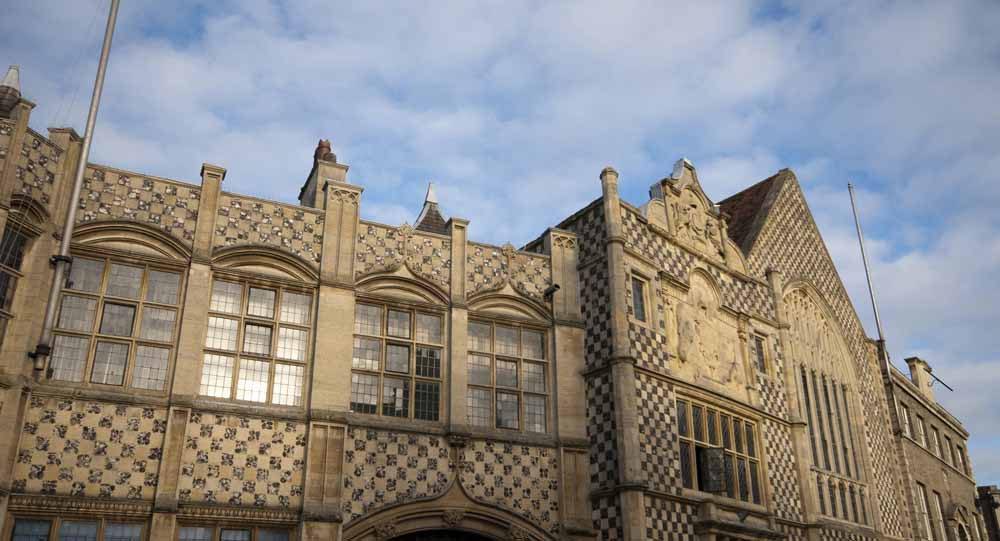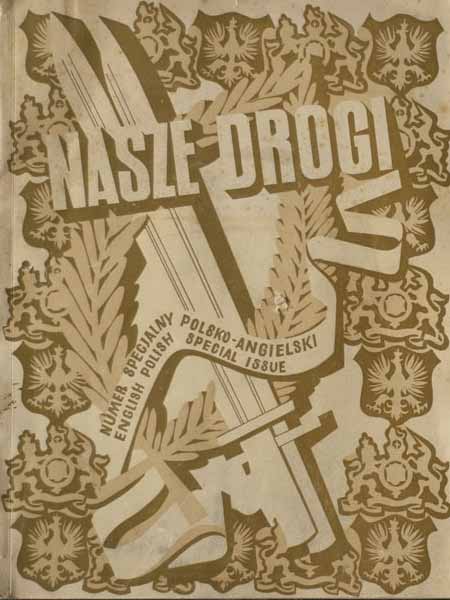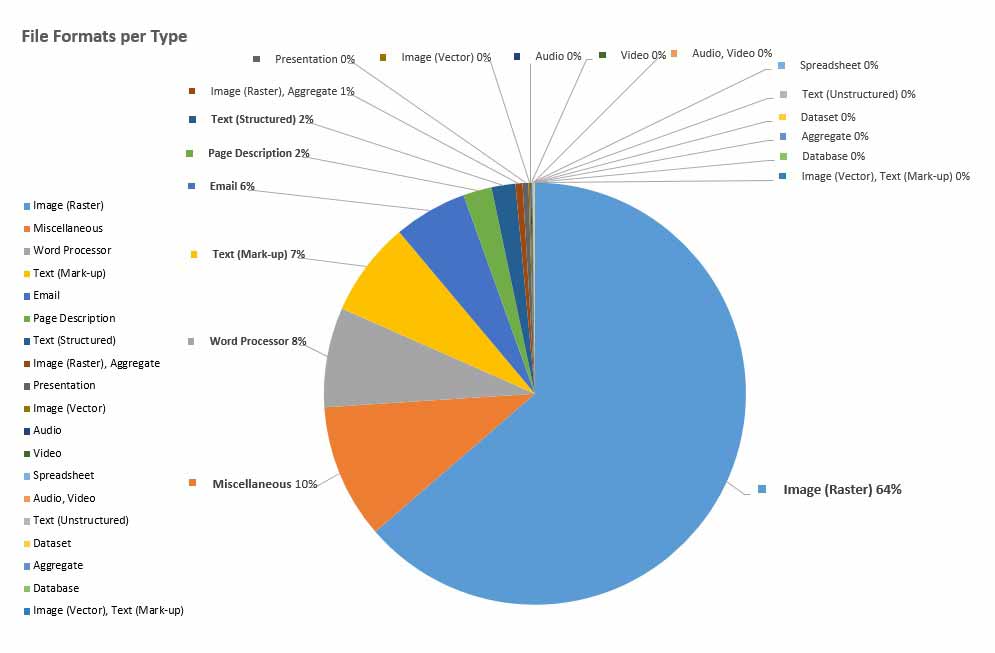My Transforming Archives traineeship at Norfolk Record Office has come to an end. Looking back I realise how fruitful my time was in Norwich, devoted mainly to exploring the world of digital preservation and, by sheer chance, connecting with my roots.
For over nine months I was part of a fantastic Skills for the Future programme that enabled me to develop my skills within the professional environment of an accredited archive service.

King’s Lynn Borough Archives are cared for jointly by the Borough Council and the Norfolk Record Office
Digital preservation
The focus of my traineeship was digital preservation and digitisation. On the first week of my traineeship I was given a copy of the Open Archival Information System (OAIS) manual and I had no idea what was in store for me when I happily took to reading it! Since I have experience with audio-visual records and digital assets management systems, I was tasked with investigating a technical solution to the problem of managing digitally born archives that have been deposited with the record office.
OAIS is a functional model and compliance standard for any archive that needs to preserve, manage and make digital records accessible. When developing a digital preservation strategy it can act as a benchmark. It is important to follow best practice and find a digital preservation system that will fulfil the requirements of OAIS standard. I have written more in depth on my work in Norfolk Record Office’s blog, which explains what considerations were taken into account before deciding to investigate further archivematica, an open source digital preservation system. The poster I presented at the ARA conference this year provides a summary of this.
Contemporary collecting
Throughout the traineeship my time was mainly dedicated to research in digital preservation, learning Linux operating system, deploying and testing open source software, attending training events and compiling reports for the management, and cataloguing and digitising paper-based and sound records. However, occasionally, I would spend some time helping the education department with translating original records from Polish into English.

English-Polish special Issue of ‘Our Ways’ aimed at forging Polish-British friendship, printed in Tel-Aviv, 1941
I was amazed to realise that among the records held at Norfolk Record Office, some were actually in Polish. These records had to be translated in preparation for a lunchtime talk – ‘Last Hope Island: The Polish Community during the Second World War’ – and a later session that concentrated on Polish language documents from the Second World War. These included a moving story of a Polish schoolgirl deported to Siberia under Stalin who later came to England as part of the Polish Air Force. Another one was a propaganda leaflet dropped over Poland by the United States Army Air Force.
The events were aimed at the Polish community and Polish speakers. In particular, the talk attracted big audiences and resulted in an increased interest in the stories of Polish airmen stationed in Norfolk during and after Second World War. Some of the attendees shared similar backgrounds, having a Polish father who came to Norfolk during or immediately after the Second World War and a British mother. Others were British-Polish, born to both Polish parents in the UK.
They all decided to stay in contact and meet regularly. Norfolk Record Office helped to facilitate this and the Norfolk Polish Heritage Group came into being. I volunteered to compile minutes from the meetings.
From the very first meetings it became apparent that the group is interested in exploring and recording the stories of how Poles have contributed to life in Norfolk since the Second World War, and earlier. Many members of the group, including myself, own family memorabilia and private documents that are of historical significance within the context of the Second World War. By nurturing the existence of local history and heritage groups Norfolk Record Office is interested in developing collections that reflect the diversity of Norfolk.
Developing skills
As trainees, we were encouraged to take advantage of training opportunities relevant to our respective specialisms. The highlight for me was meeting the digital preservation team at The National Archives. We learnt a great deal about software development, web archiving, digitisation workflows and cataloguing digital records.
Additionally we had a practical session on file format identification with demonstration of DROID software and PRONOM file format registry. That was extremely useful in my further work, when trying to understand what makes up the digital holdings at the Norfolk Record Office. The results of profiling digital records with DROID are published on the ‘Digital Archiving at the University of York’ blog.

A survey of digitally born archives received by the Norfolk Record Office compiled with The National Archives’ DROID profiling tool identified 107 various file formats.
In June I attended ‘Copyright and Cultural Memory’ conference, organised by the Centre for Copyright and New Business Models in the Creative Economy, based at the University of Glasgow. Intellectual property rights have had a big impact on digitisation projects and consequently on digital preservation. Since copyright is vastly all about particular cases and one learns the most from practical applications of the rules by practitioners and case studies, this one-day event was an invaluable experience. Main topics included:
- what are the implications of a risk management approach to copyrighted material and how difficult it is to fully follow Orphan Works legislation
- to what extent the integration of copyright legislation within the archive sector’s policies is actually preventing access to records and works of art that have been in public domain
During the traineeship I became certified as a PRINCE2 practitioner by taking Project Management examination. I also completed ‘Delivering Training and Presentation Skills’ one-day course, which helped me to prepare for the last important task at Norfolk Record Office: to welcome and give introduction to the archive service to new candidates for the third round of traineeships.
It was difficult to bid farewell to Norfolk but after my return to London, thanks to the excellent work experience and training I received, I found a position as the Digital Archive Assistant at the archive of the National Theatre. I am also currently studying towards gaining a postgraduate qualification in Archive and Records Management at the Centre for Archive and Information Studies, University of Dundee.
Wow! What an amazing year you have had and congratulations on your new position. I am lucky to be at the start of my traineeship in digitisation and outreach and engagement and looking forward to the year ahead. Your blog is a very interesting and informative read. Thank you.